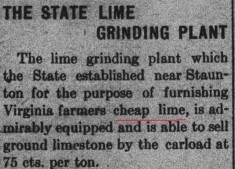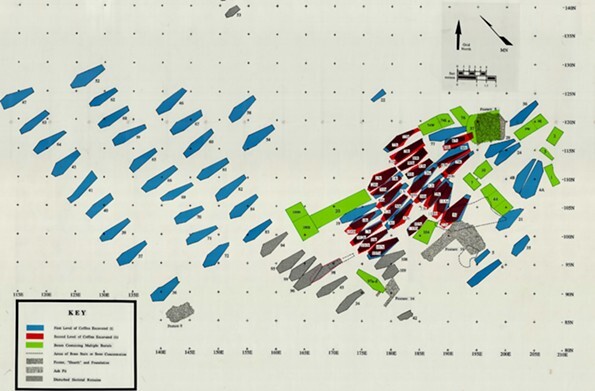The Permeation of Racial Violence into the Criminal Justice System
Given the political state of the nation upon its conception, including the linkage between Western capitalism and slave labor, it is reasonable to deduce that major institutions in the nation were constructed with racism inherent within. Applying this rationale to the American legal system, language used in American common law can indicate the perpetuation of racial violence.
The greatest impediment to legal racial equity lies in that the American legal system was conceived under the notion that Black individuals were not people. And so, the investigation into the existence of racial violence starts with foundational Supreme Court cases that discussed the personhood of Black individuals. In Criminal Procedure and The Good Citizen, Fordham law professor Bennett Capers discusses “citizenship talk” and the burden “Good Citizenship” bears on Black Americans. To Capers, “Good Citizenship” is not merely about citizenship status- though it still has a role in this conversation- instead, it inquires the actions, words, and looks of a good citizen in the eyes of both the Courts and police: “Read between the lines, and the Court’s citizenship talk also dictates how a good citizen should behave, move, and even speak. These decisions not only reflect ideas about good citizenship. They produce good citizenship. These decisions do not simply regulate police behavior. They regulate the behavior of citizens,” (Capers, 2018). And so, to Capers, the Court’s commentary on what it means to be a good citizen polices the behavior of Black and other non-white individuals in a manner that strips them of their own agency, thus begging the question if they are truly citizens at all.
Returning to the conception of the nation, Capers discusses citizenship talk in Dred Scott v. Sanford. stating: “[T]he Court held that Dred Scott was not a ‘citizen,’ but a being ‘of an inferior order... unfit to associate with the white race,” (Capers, 2018). Capers goes on to list cases of Black citizenship brought to the Supreme Court, taking care to note their outcomes and what those outcomes meant for newly established Black “citizenship” post emancipation. Borrowing from other Black scholars, Capers establishes that Black people were “hyphenated Americans” who, post emancipation, became something of “permanent immigrants,” (Capers, 2018 and Inniss,1999). This status as quasi-citizens, as hyphenated Americans, and as permanent immigrants was established by the Supreme Court and has normalized legal racial violence throughout every legal checkpoint from interactions with the police all the way to post imprisonment.
From early landmark cases like Dred Scott all the way to Miranda, the Court has suggested, both overtly and indirectly, that the rights of citizens, both white and non-white, are heavily dictated not by the constitution but by the normative expectations established by “citizenship cases.” For Black individuals, this means their citizenship is both disingenuous and highly policed, so much so that American citizenship strips them of their very autonomy. From here, it is now appropriate to focus on Virginia as a microcosm of the American legal system but also as an epicenter for American legal racial violence.
Capers, B. (2018, March 29). Criminal procedure and the good citizen. Columbia Law Review. Retrieved May 3, 2023, from https://columbialawreview.org/content/criminal-procedure-and-the-good-citizen/
Isabelle Degraff


